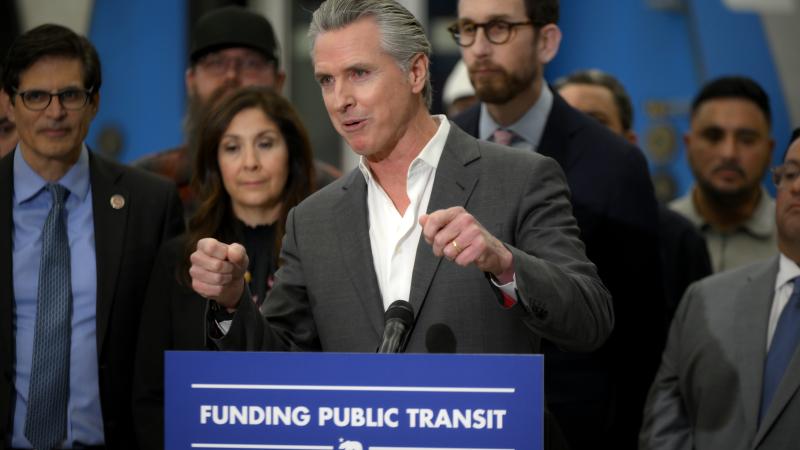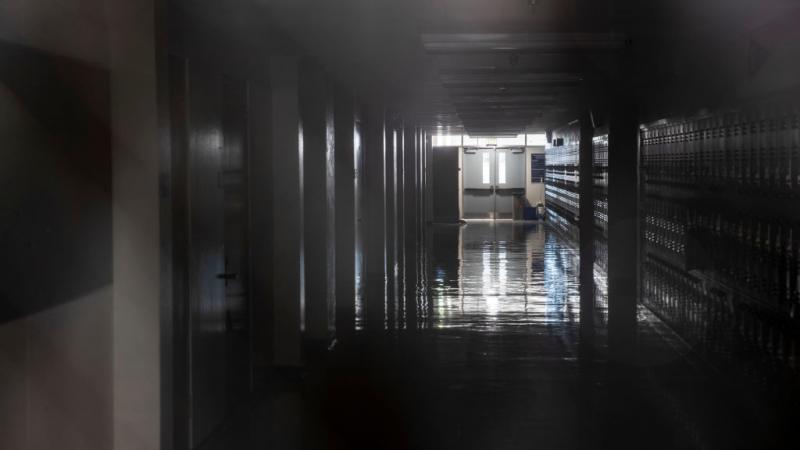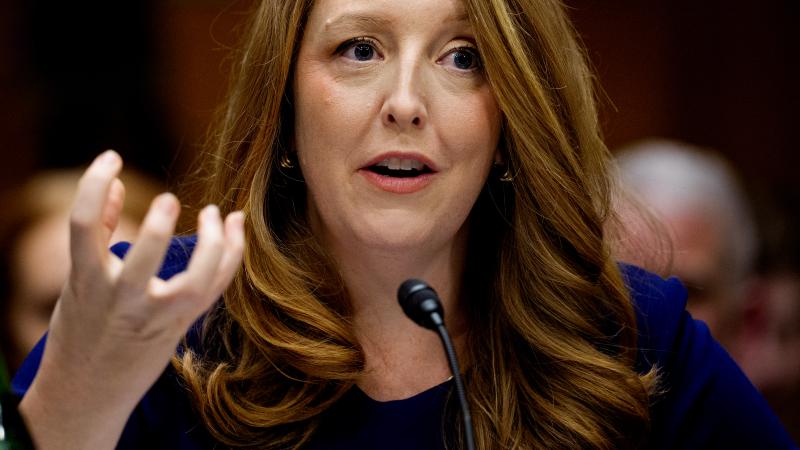Louisiana parish officials seek greater carbon capture tax revenue
The captured CO2 is compressed and transported by pipeline, ship, rail or truck to be used in a range of applications, or injected into deep geological formations such as depleted oil and gas reservoirs or salt domes.
(The Center Square) — Louisiana parish officials disputed current tax assessments for the carbon capture and storage industry during a hearing this week.
The Louisiana Tax Commission met on Wednesday with industry leaders and Allen Parish Police Jury representative Jacob Dillehay to discuss the proper way to tax carbon pipelines, injection wells and storage.
Carbon capture and storage is a process used by large power generation or industrial facilities of fossil fuels to combat climate change by preventing CO2 levels in the atmosphere from increasing.
If not being used onsite, the captured CO2 is compressed and transported by pipeline, ship, rail or truck to be used in a range of applications, or injected into deep geological formations such as depleted oil and gas reservoirs or salt domes, which can be naturally occurring geologic deposits or created from leftover brine mining sites.
Dillehay says leading carbon capture industries are attempting to receive a discount on the taxes regarding pipelines and injection wells by asking for a higher depreciation rate of the material. This is unfair to the cities that host these pipelines because the shelf life of carbon pipes are the same as regular oil and gas channels, according to Dillehay.
"That approach appears to be solely in favor of industry and not in favor of the local governments who are going to be living on top of these plumes," Dillehay said.
Rodney Kret, representing the Louisiana Assessors Association, which assesses the value of these properties and how to tax them, spoke briefly about taxes on the land with man-made salt domes created by brine mining wells.
Kret says they do not currently have a proposal for the proper tax appraisal of the caverns that are created by brine mining because there's no guarantee it will ever be used for storage.
"We don't have any proposal for an evaluation of the void space or a cavern, that might or might not ever be used for a storage purpose," Kret said. "We don't have any issue with not putting a value on that particular void space."
















